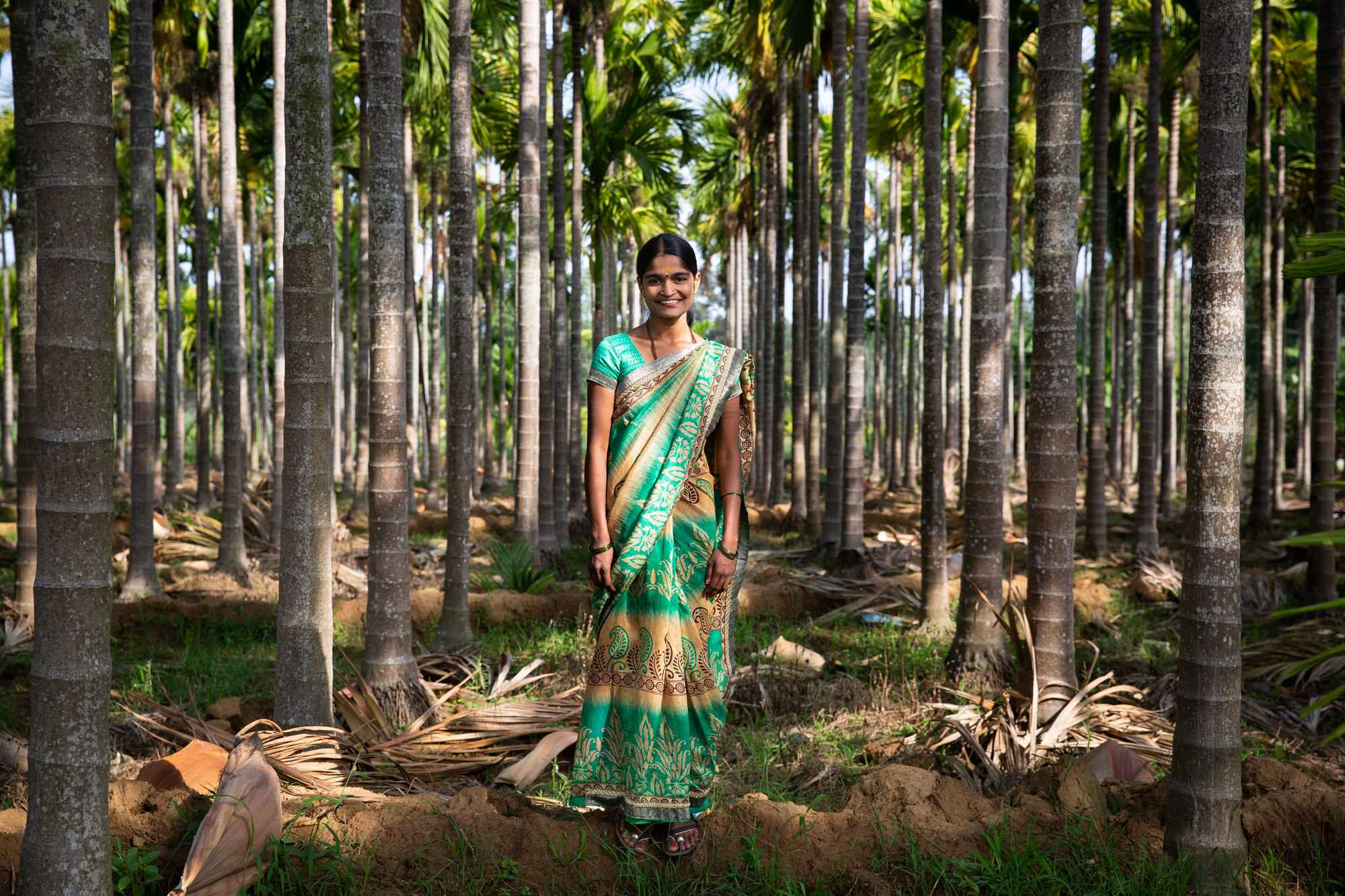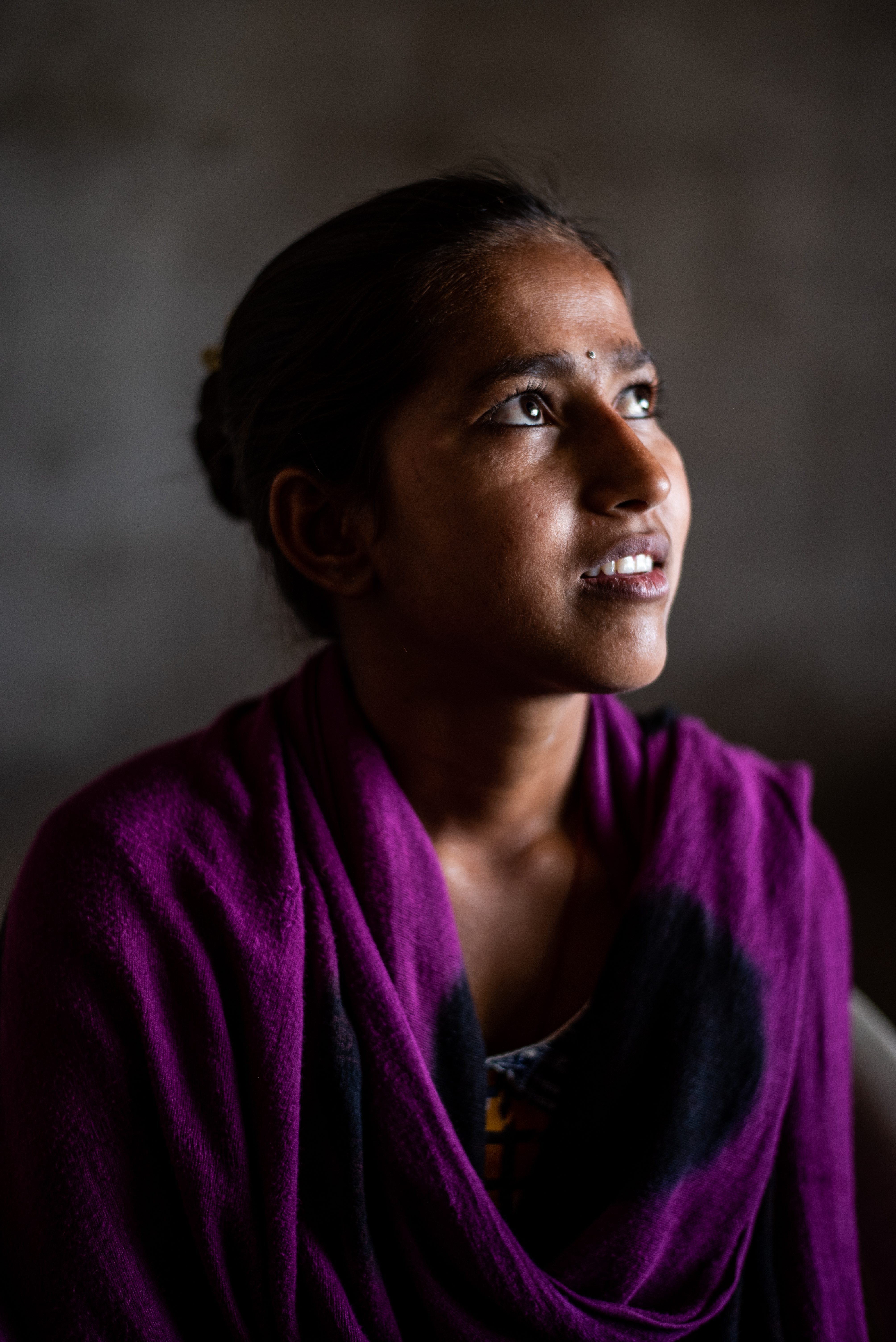
Equitable Society, Improved Service Delivery, Enhanced Community Assets
Empowering Elected Women Leaders
Assessing the ability of elected women representatives to question and defy entrenched social norms, transform gender relations, demand accountability and ensure inclusive development within their constituencies.
These learnings from the ground, which are a blend of quantitative and qualitative data, offer a rich narrative of change and challenges. The approach ensures that the focus stays on mutual learning and reflection processes that feed into strengthening the strategies of THP India. At the same time, evidence generated informs our advocacy effort thus creating a space for new knowledge building.
Elected Women Representatives Evolve as Individual Leaders
We capture the enhancement of the overall capacities of the Elected Women Representatives that are trained by The Hunger Project over a period of five years.

Enhanced confidence (‘I cannot’ to ‘We can’)

Improved understanding of women’s right to voice and agency

Expansive knowledge of local governance systems and the importance of participation

Asserting and leveraging their position in the office to ensure development for all

Local Development footprint of an Elected Woman Representative
We take a look at the overall impact Elected Women Representatives have had in their respective wards and village councils.

Portraits of Leadership, Voice, Agency
-
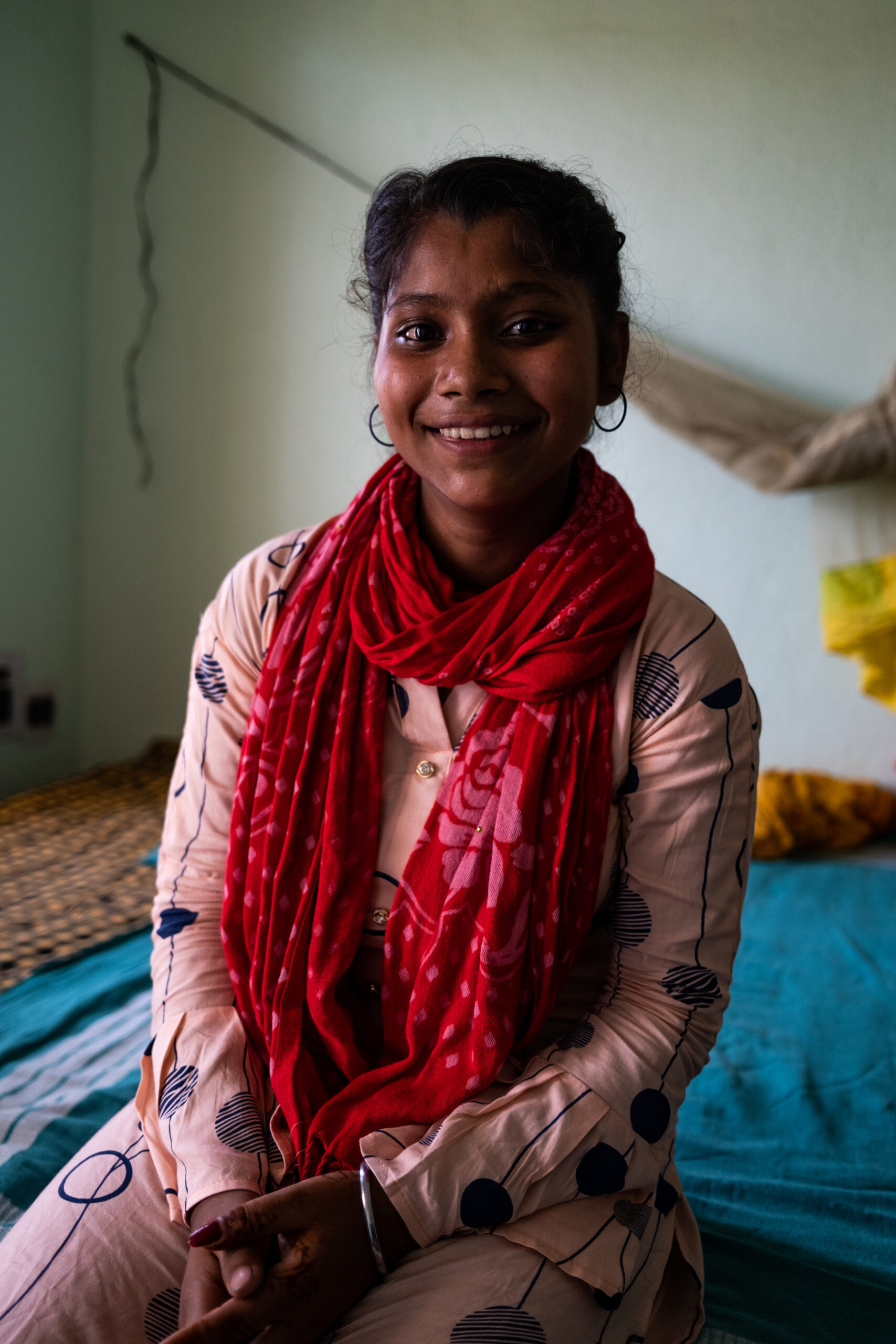
Meena
Meena, 15, BiharMeena is one of four siblings. Her father is a confectioner, and mother works as an agriculture labourer. Meena also assists her mother in agriculture work as well as other household work. Despite Meena’s contribution to the family, her father solely decided to marry her off, given her age. A boy was chosen and a date for the wedding was finalised. When Meena learnt that her marriage had been fixed for the following month, she became upset and agitated. She stopped eating. Her aunt abused Meena and even threatened to kill her. She also alleged that by attending THP India’s meetings, Meena had lost her mind. Undeterred, Meena held on to her position. At last, though reluctantly, her parents agreed to call off the wedding. Meena sees this as a “huge win for me”. She continues to attend school and be a part of the adolescent girls’ programme.
-
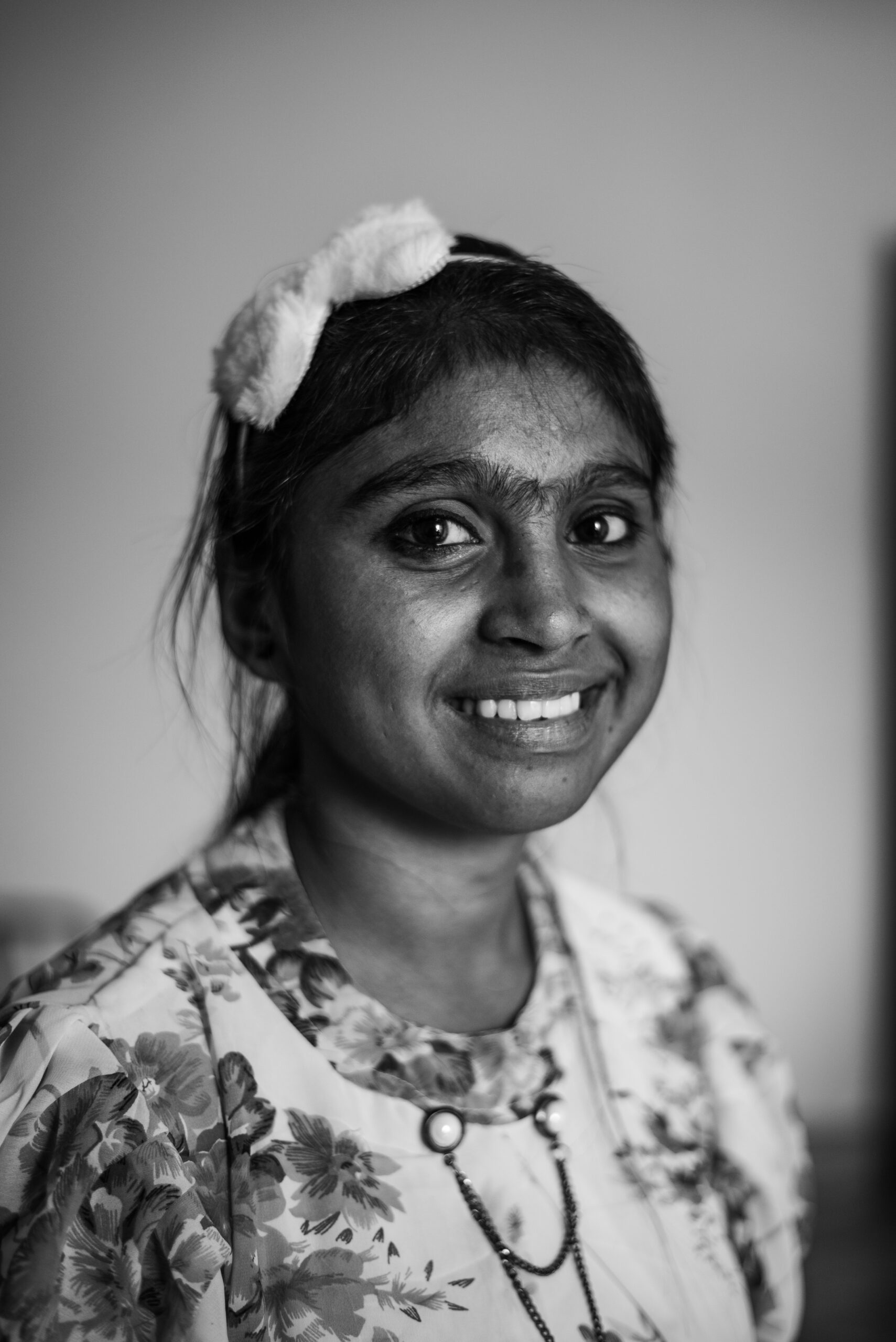
Ruksana
Ruksana, 15, BiharHaving witnessed incidents of domestic violence from close quarters, Ruksana is confident in her resolve to become a women’s rights lawyer. She was instrumental in standing up for her relative and supporting her in her struggle against violence at home. She further leveraged the support of a ward member and THP India field mobiliser in stopping child marriage. These small acts of leadership, “have given me the confidence to dream bigger.” She also dreams of going to London to pursue her law education at some point. There is a glint in her eyes as she speaks about the desire to be known as a distinguished citizen not only in India but also in the world.
-
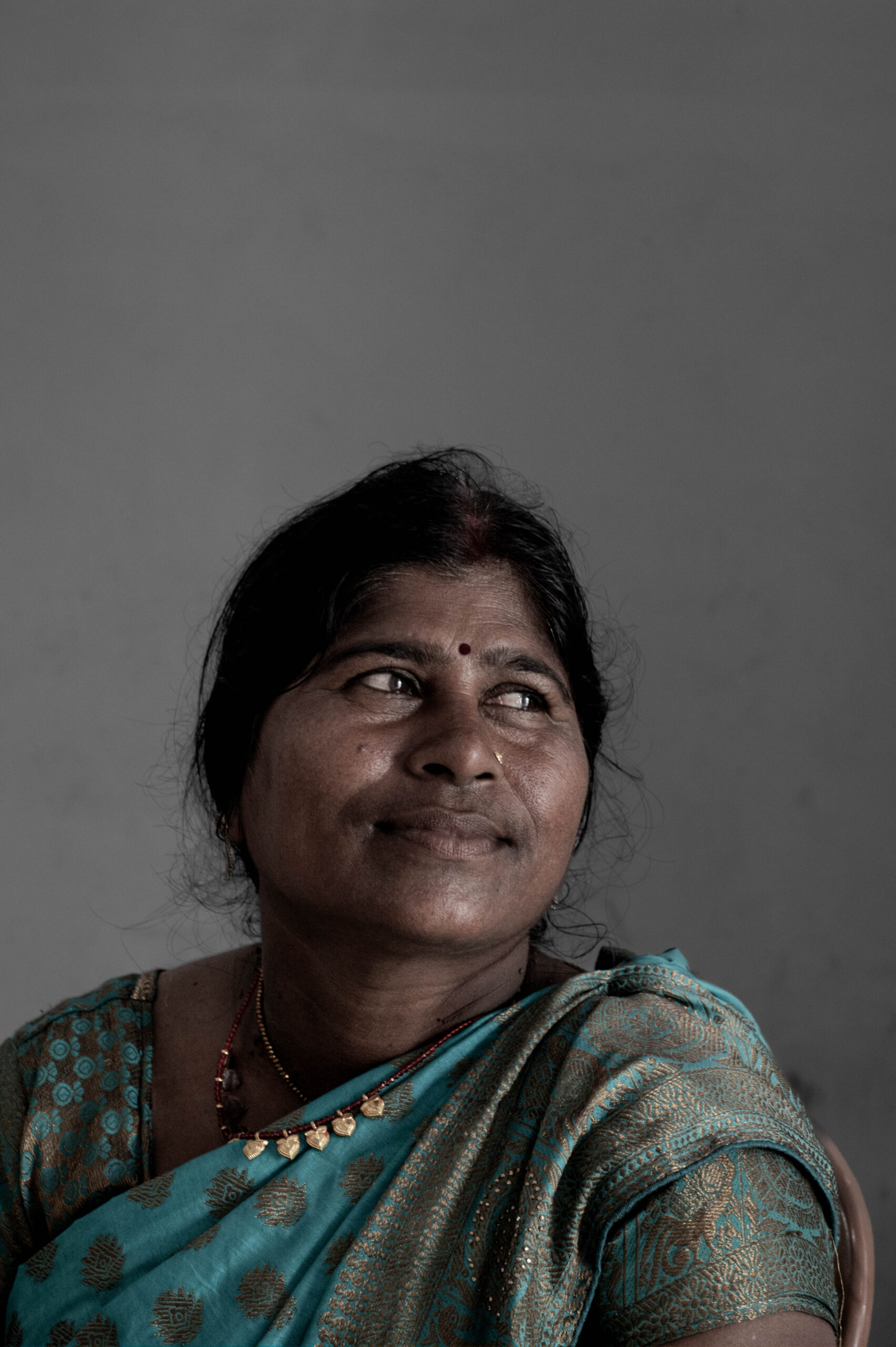
Susheela Saket
Susheela Saket, 42, Ward Member, Barbah Village Council, Madhya PradeshA towering example of leadership and commitment to public office is Susheela Saket, 42, a three-time ward member (2011-2015, 2015-2020, 2022-present) with an astute and compassionate disposition. Being a ward panch in succession was by no means a smooth journey. She would be constantly berated by her husband and father-in-law, “What is the point of these meetings? Are you getting something in return?” She would reply, “Sar dhak ke kab tak rahenge! (How long will I cover my head?).” Women’s access to financial independence remains a major concern. For Susheela, the fact that she was able to connect more than 30 women to different sources of livelihood is the most important accomplishment of her tenure. “I leveraged the NRLM scheme and connected many non-farm hands to access microfinance, government loans, etc., with which they could start small businesses such as opening grocery kiosks and tailoring.” This has, she shared, begun to change challenged deep-rooted attitudes concerning women’s economic participation.
-
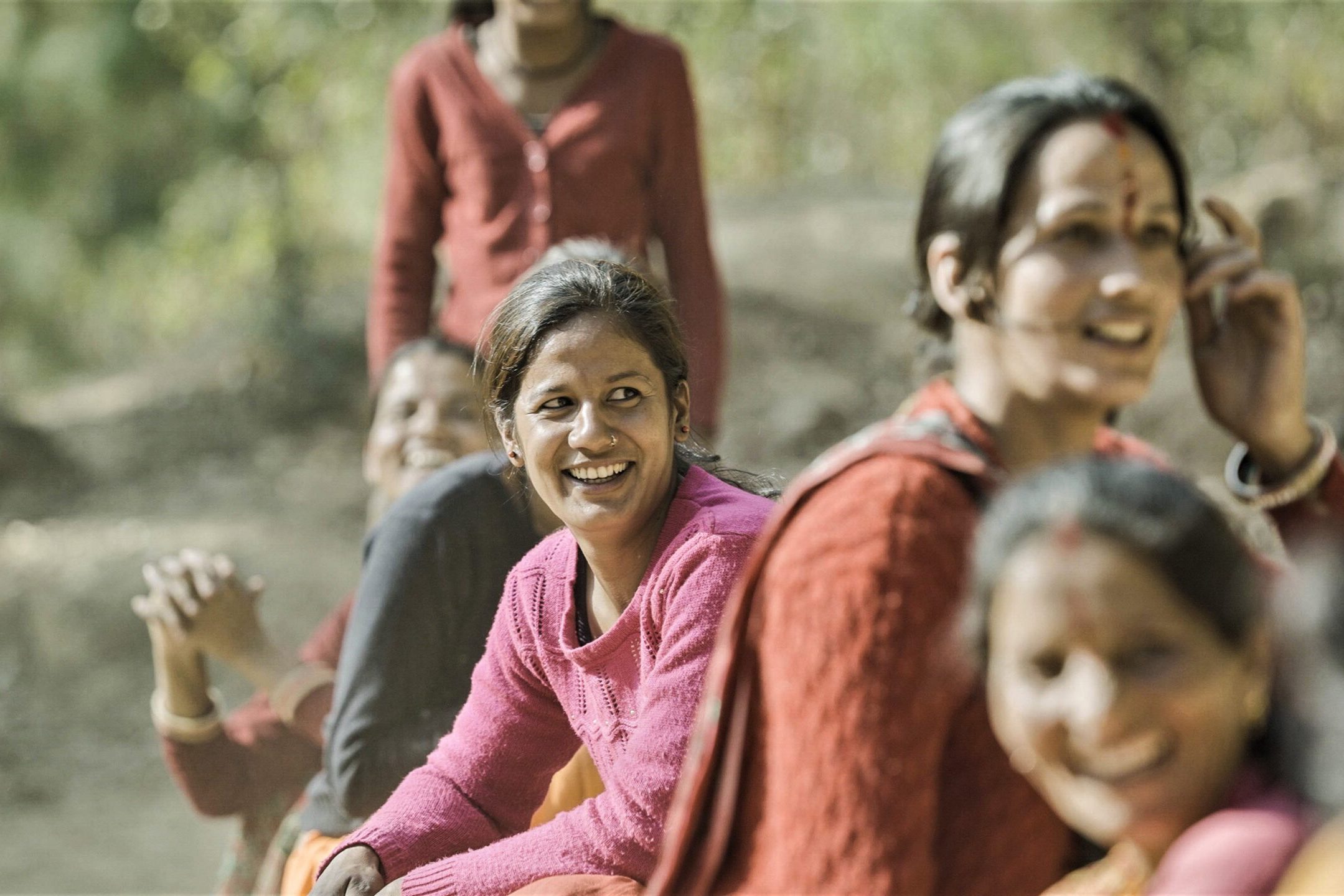
Hema Negi
Hema Negi, 22, President, Pachhisi Village Council, UttarakhandThe 22-year-old president who leads an all-women panchayat explained, “When I decided to contest and hoped to win, I also imagined what if the entire council was also all women. As women, I think we are more attuned to the needs of the community, and together we are stronger and can do more and much better. Though it has only been a year, it feels like a significant achievement that an all-woman panchayat has come into being.” During COVID19 pandemic, she led with clarity and accountability. She had the hard task of ensuring all the 45 returning migrant workers are settled in safe quarantined spaces. “After my request to the nodal administration to use one of the schools as a temporary centre was rejected, I, along with other ward members and former elected women, spoke with community people and decided that some of the empty houses would be cleaned and sanitised and used as quarantine zones.” In the absence of any administrative support, she successfully mobilised the community also to support the workers with food rations, masks, and help with other COVID19 related information. “It has been challenging, but we had to do what needed to be done.”
-
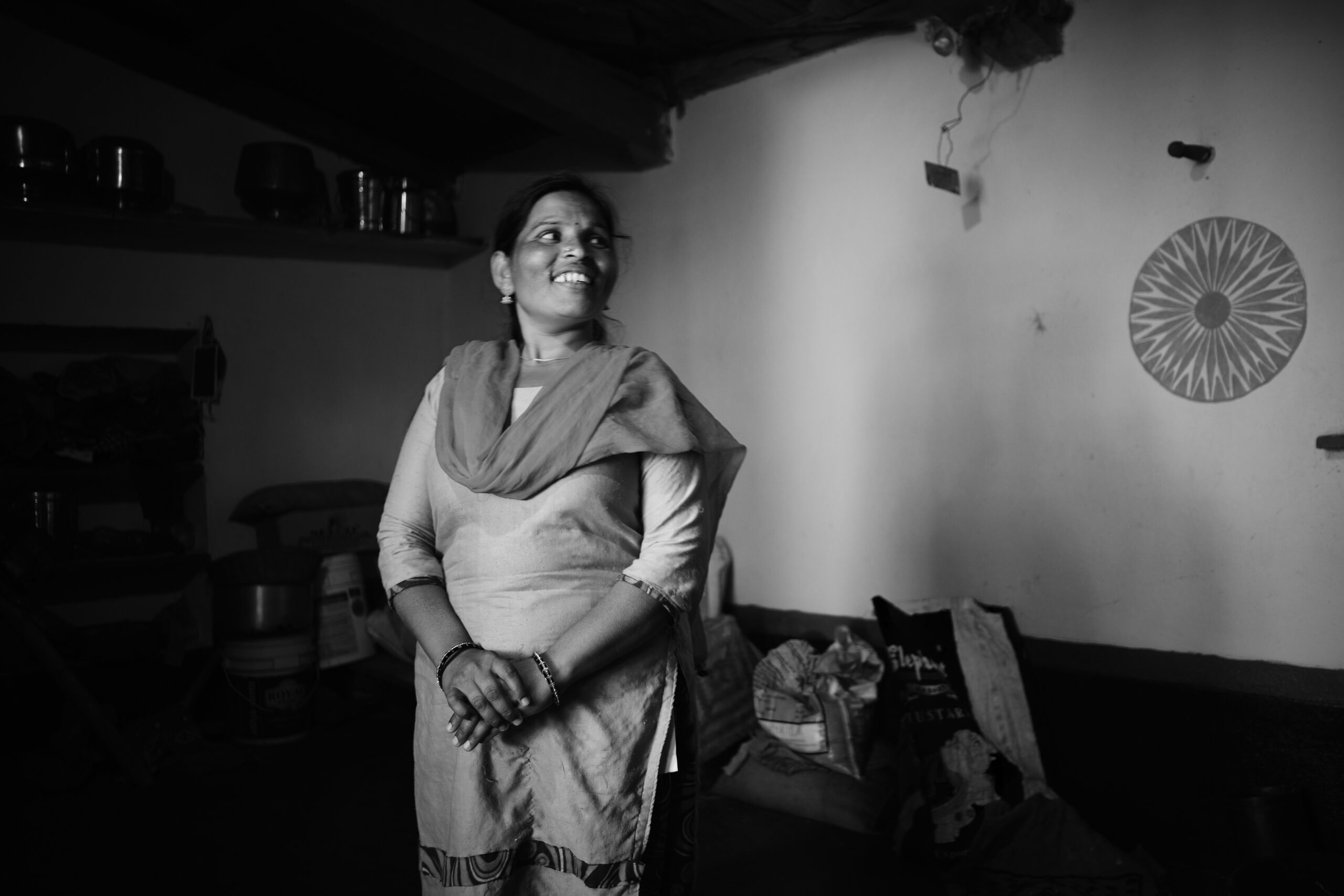
Lokamma
Lokamma, 30, Ward Member, Hokarna Village Council, KarnatakaFor Lokamma, entering public office as a Dalit woman is a matter of great significance in a context where Dalit candidates, especially women, are frequently forced to withdraw from standing for election. This, too, was true in her case when she first contested in the 2015 panchayat election but had to pull back because of intimidation by members of the upper caste community. “The significance of having quotas is precisely that, at least, I know I am contesting from a reserved seat meant for people like me, belonging to marginalised castes,” explained Lokamma. “Because of quotas, nobody can dare to sideline me. Otherwise, we are forced to withdraw or compromise.” She has come a long way since then. Her presence in the office is a testament to her efforts to reclaim her dignity and her commitment to the idea of equality for all.
-
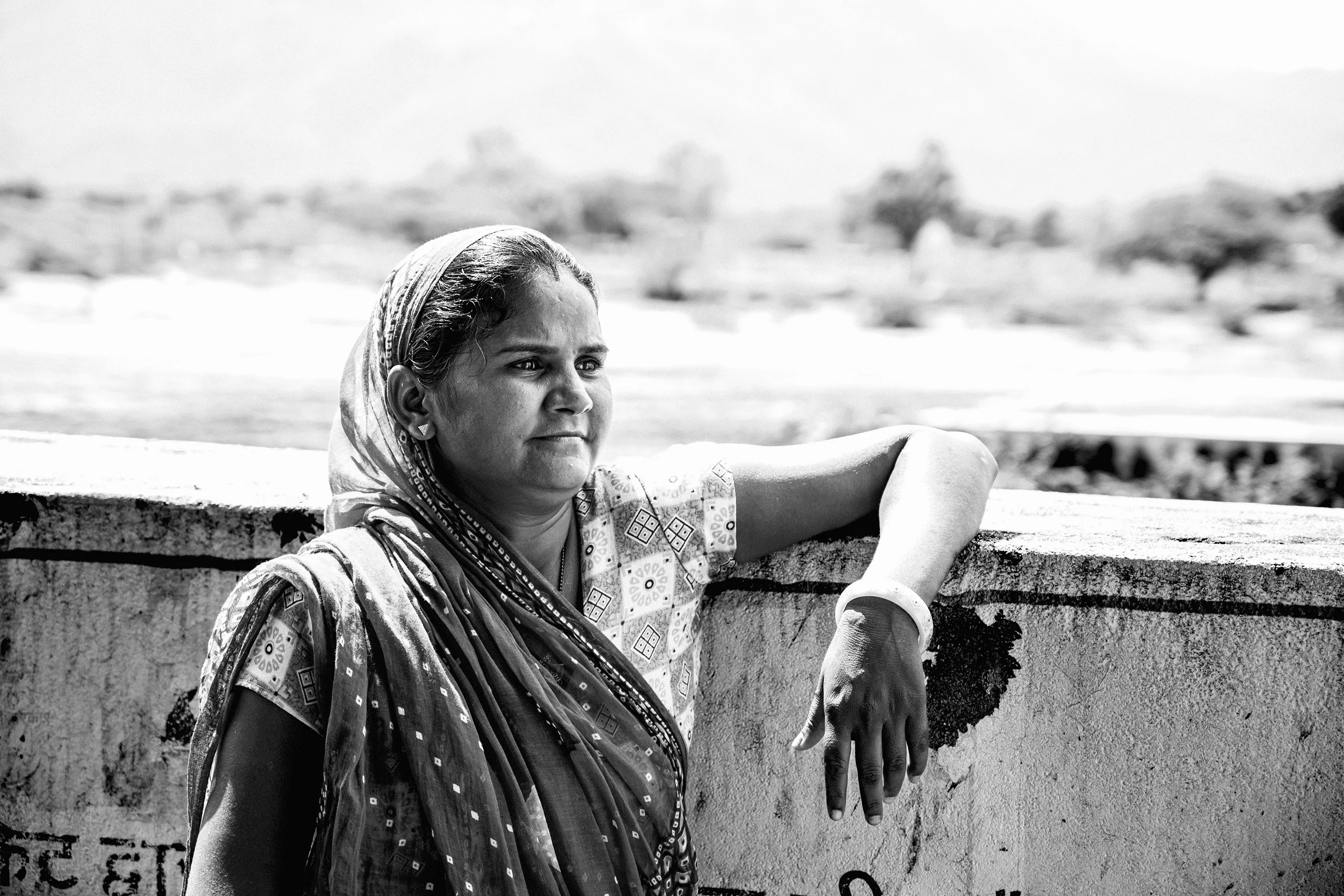
Menaka Devi
Menaka Devi, 30, sarpanch, Nitoda GP, RajasthanA member of an SHG even before entering public office, Menaka firmly believes in the power of the collective. “Being part of the SHG gave me an acute sense of its power, and I thought as a president, along with other elected representatives, perhaps I could make a difference.” More importantly, she decided to contest the election because “the former representative was not performing his role properly. Any conversation in the panchayat governance-related matter did not reach us women as it should have.” She saw citizens’ access to information as crucial before they could make their rightful demands with clarity and confidence. She acted on multiple fronts—she grappled with the authorities for two years to build three bridges, ensuring easy mobility, especially for women needing urgent medical care; mobilised the Jagruk Manch (women citizen and elected women’s collective) to complain against the encroachment of common grazing land; linked the eligible families to PDS; sensitised and encouraged women in Adivasi households to send girls to school. She urged them, “How will we change our circumstances if we don’t push for our right to education?” Her efforts enabled ten girls to re-enroll after they had dropped out of class 5th. (attaching her photo in the next mail)


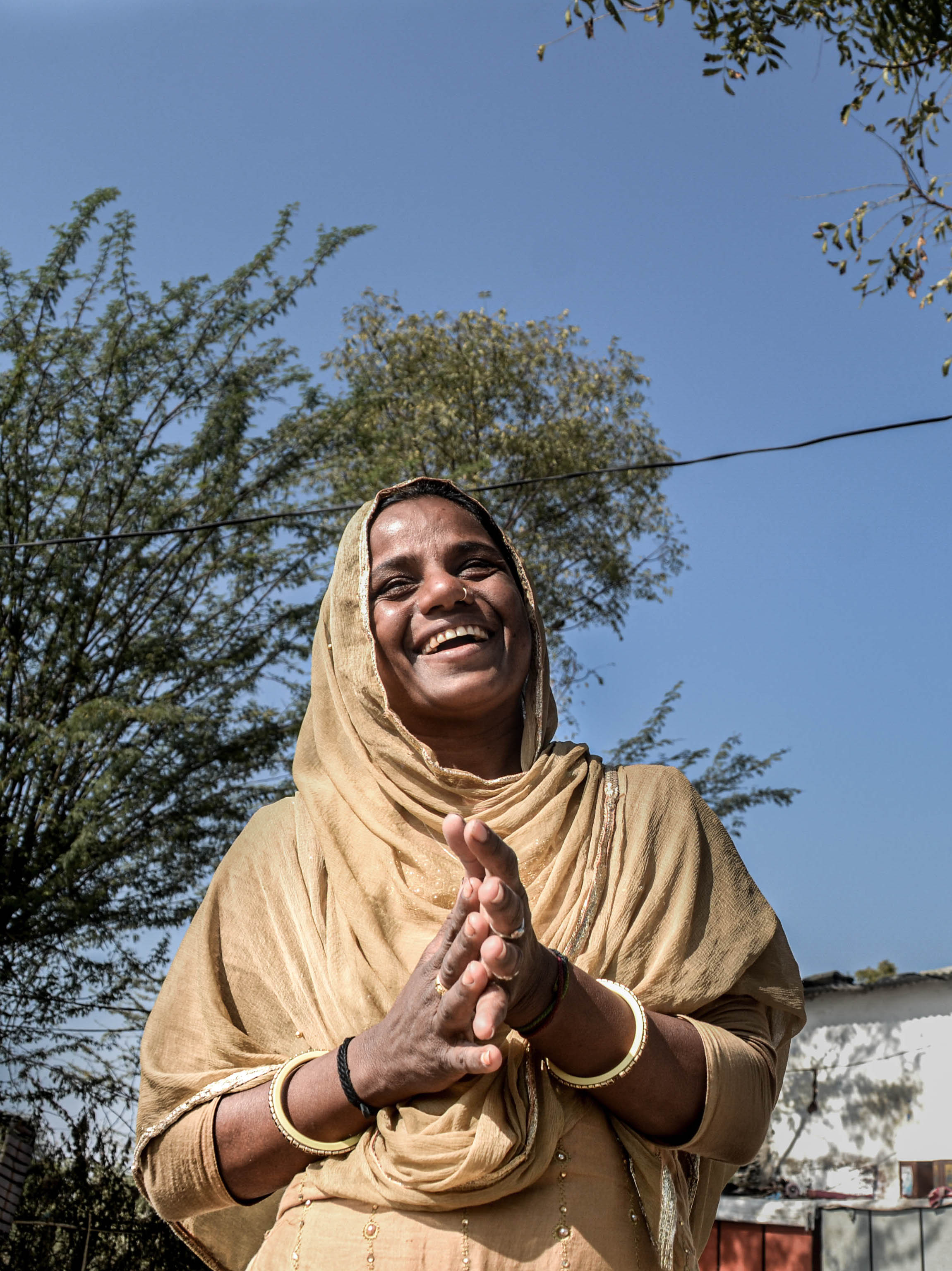
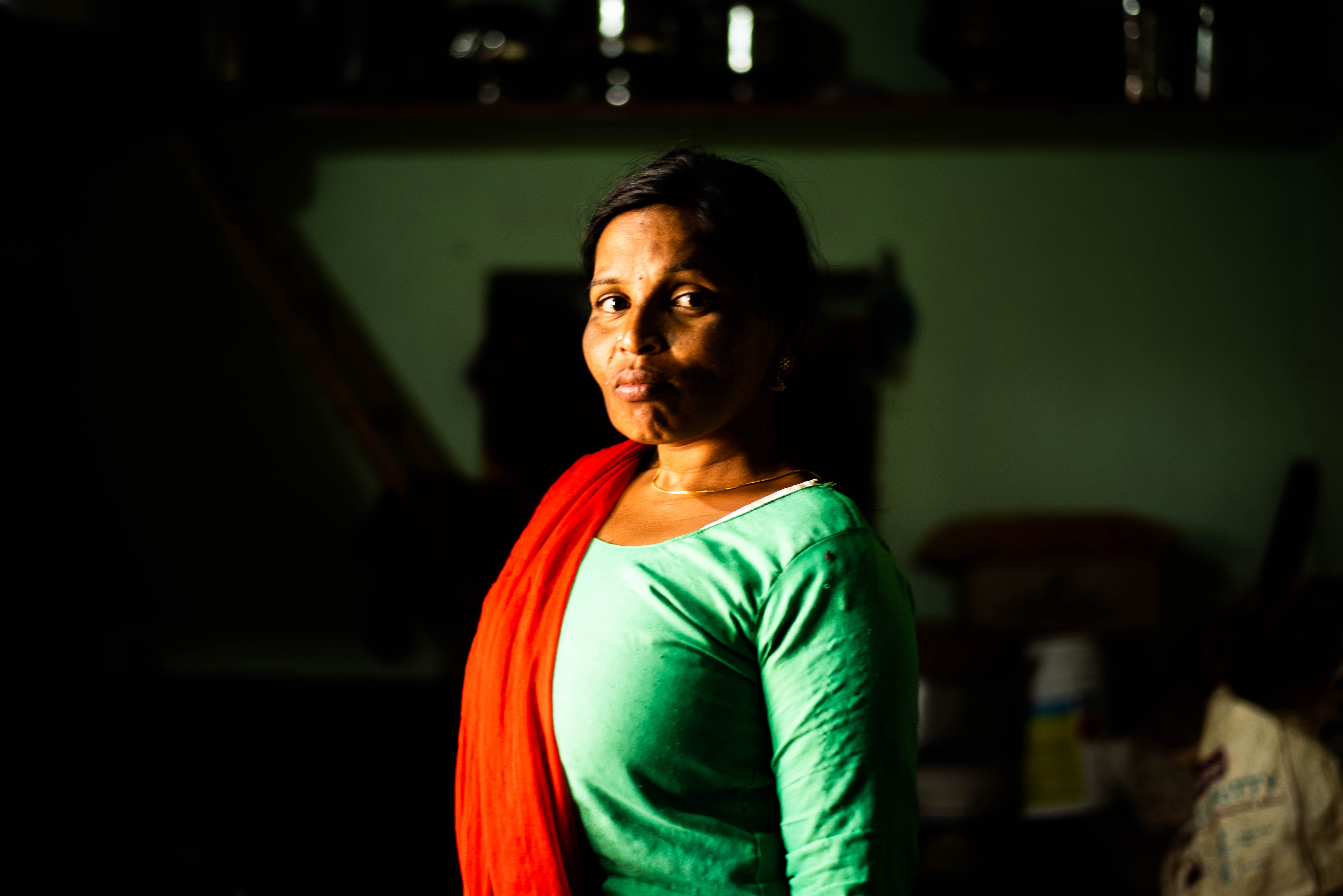
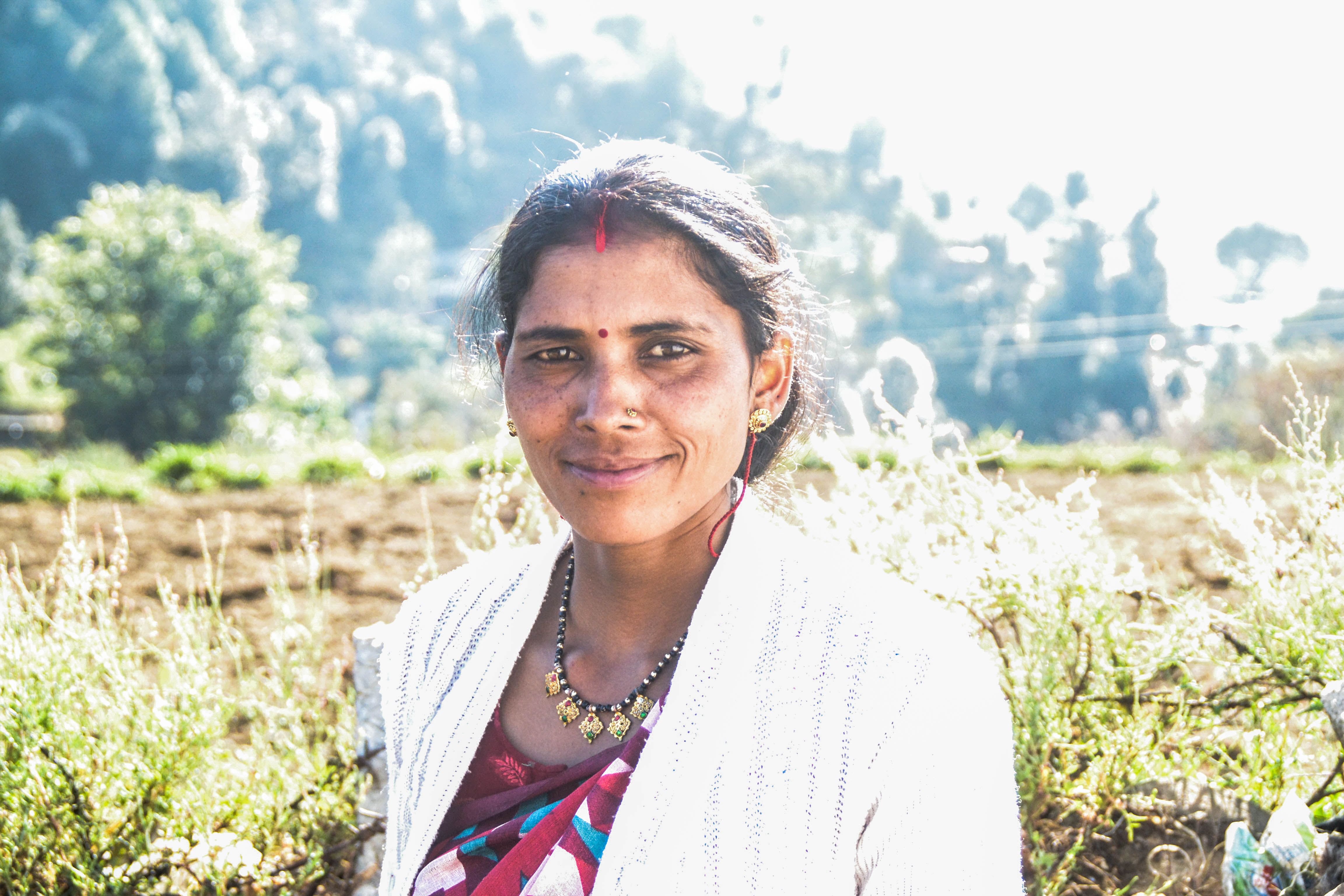
.jpg)
